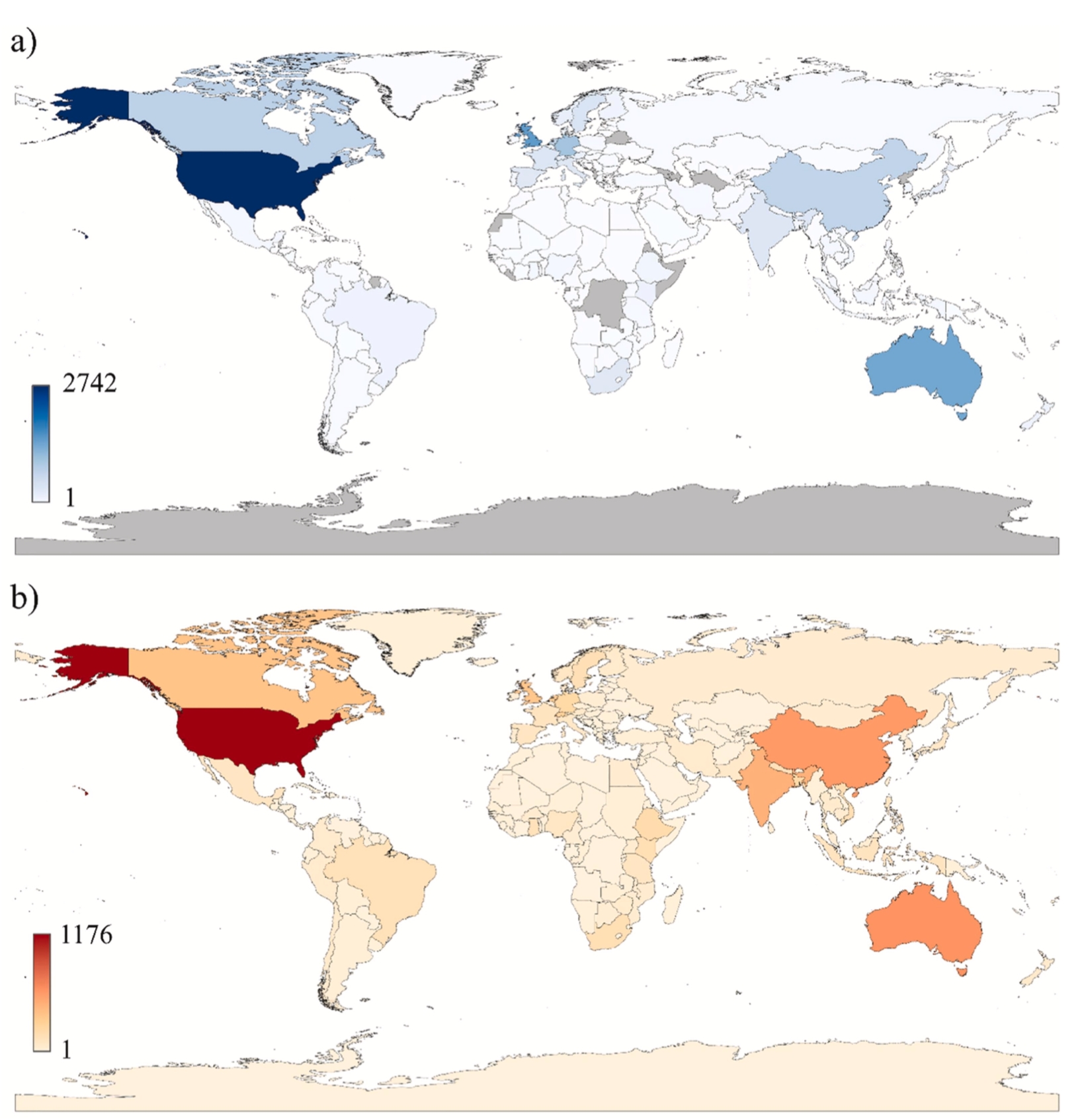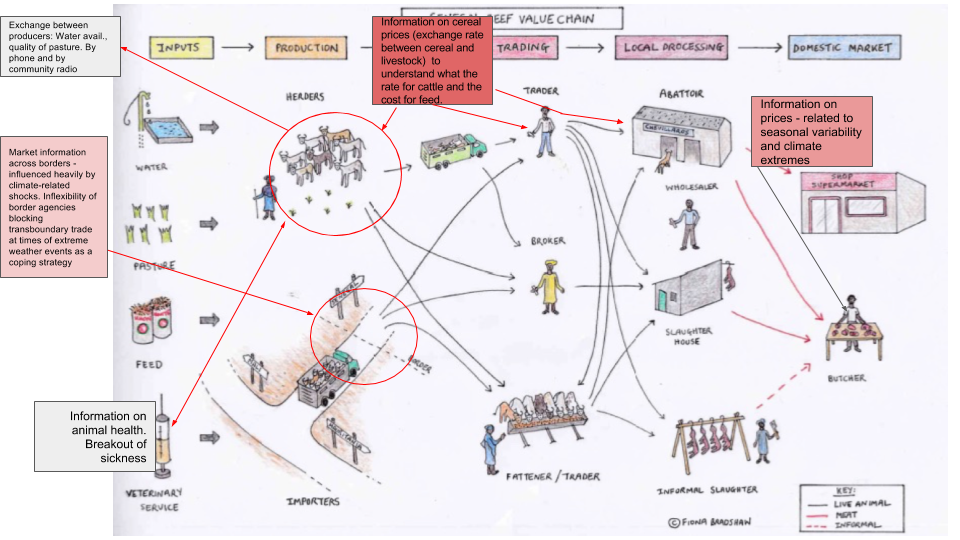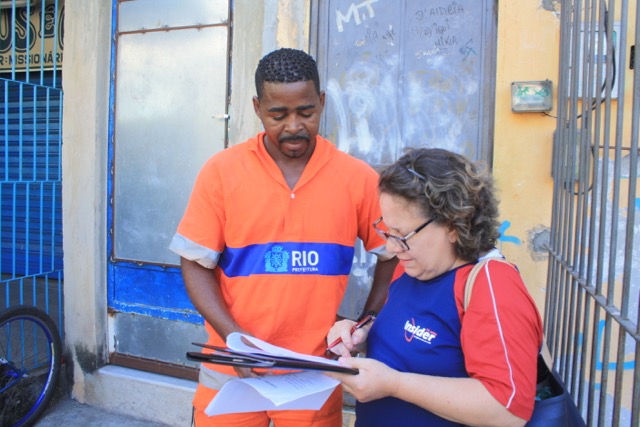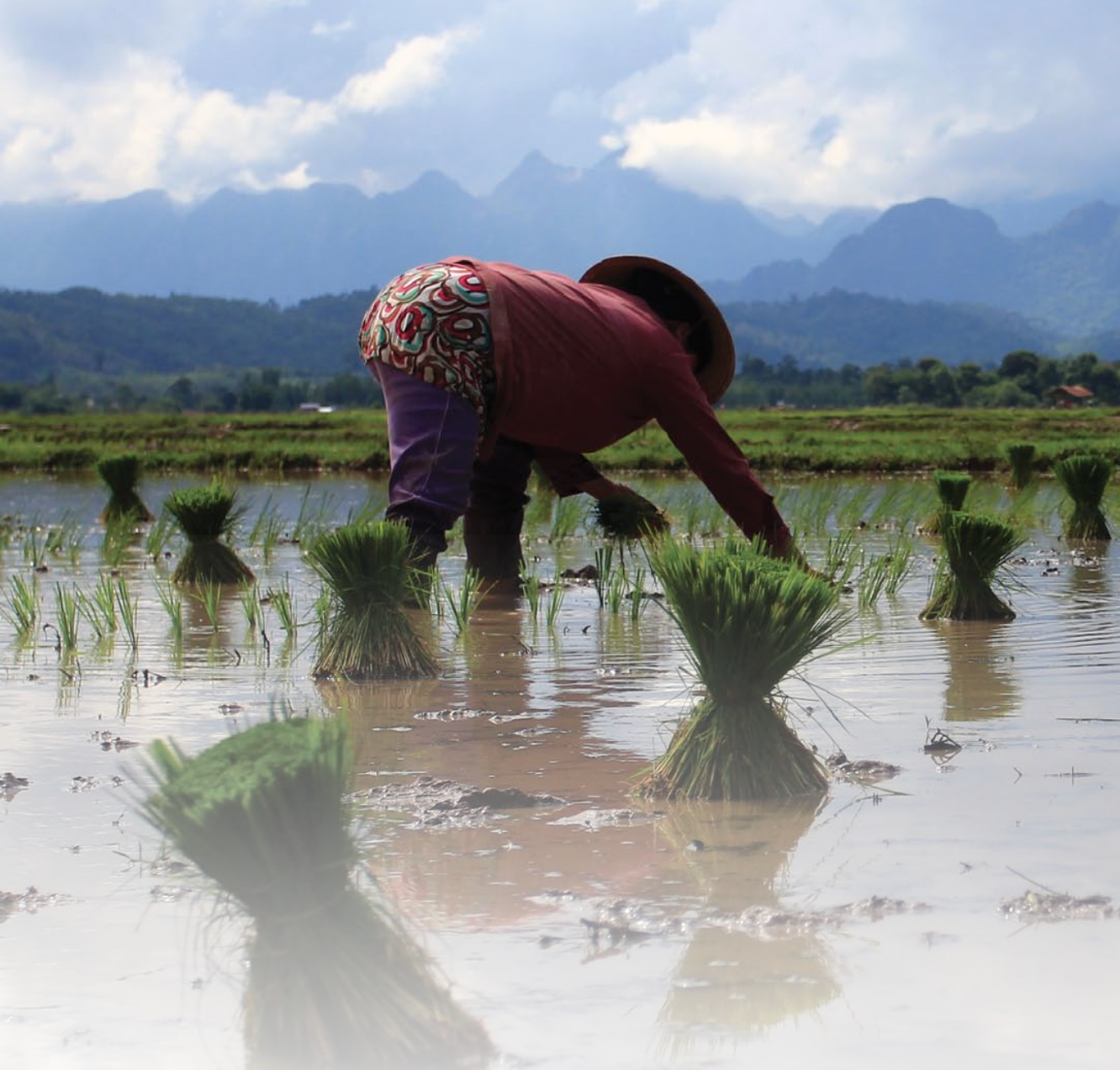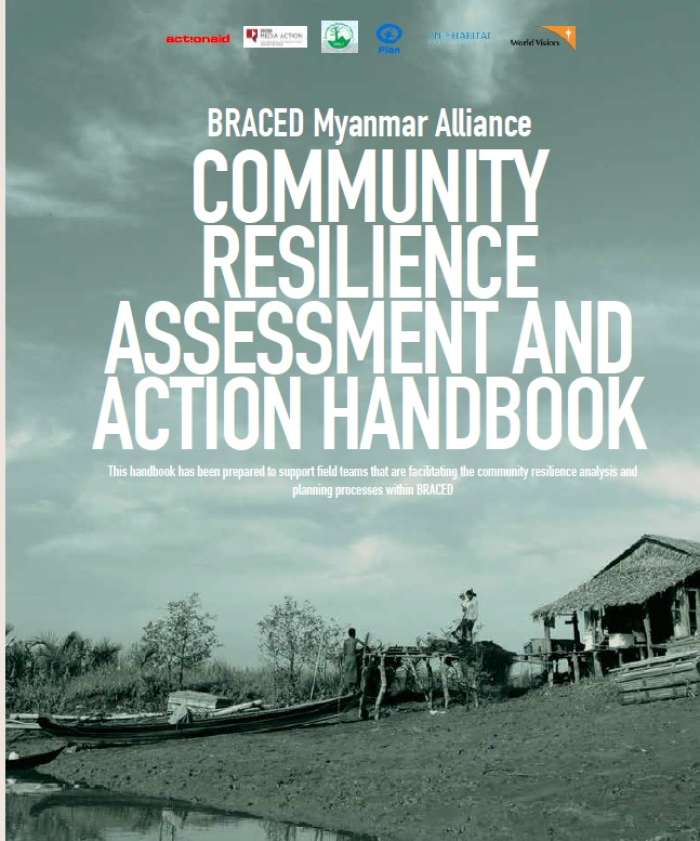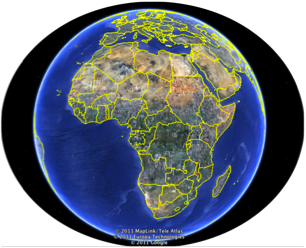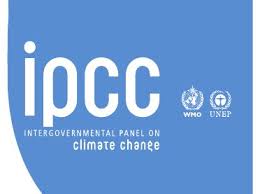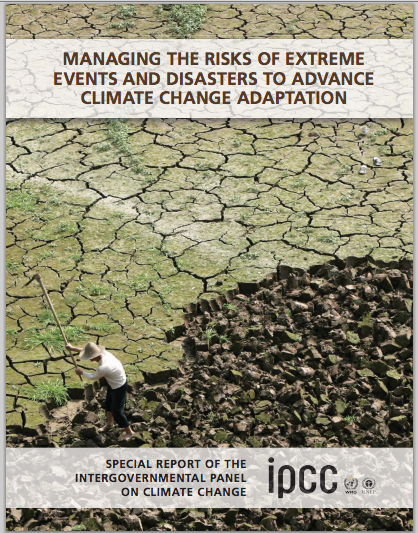Assessment
The 2022 heatwaves: England’s response and future preparedness for heat risk
Discover how England's 2022 heatwaves were used to evaluate responses to heatwaves, leading to suggested improvements to the UK's extreme heat policies.
IPBES Values Assessment – Decisions Based on Narrow Set of Market Values of Nature Underpin the Global Biodiversity Crisis
Explore the key findings of the IPBES Assessment Report on the Diverse Values and Valuation of Nature, and learn about the different ways in which nature has been, and is currently being, perceived and valued. To improve peoples' understanding of this, the report introduces a novel and comprehensive typology of nature’s values.
Mapping the Evolution and Current Trends in Climate Change Adaptation Science
This study provides a review of climate change adaptation science literature that spans from the first publication in 1978 to mid-2020. It identifies the underpinning foundations, leading authors, countries and organisations, as well as dominant research themes and priorities, and explores how these have changed over time.
Module: Knowledge Systems Analysis for Climate Knowledge Brokers
This module offers an introduction to a methodology developed by CKB to allow for more focused knowledge brokering interventions in knowledge systems connected to climate-sensitive value chains.
Webinar: Identifying differentiated needs for resilience planning in urban poor communities
This webinar looked at key results from the application of the Urban Community Resilience Assessment tool and discuss how it can better capture differentiated needs to inform resilience planning.
The Consolidated Livelihoods Exercise for Analyzing Resilience (CLEAR) approach
The Consolidated Livelihood Exercise for Analyzing Resilience (CLEAR) is an analytical approach developed by WFP to better understand how food security is affected by climate risks.
Community Resilience Assessment and Action Handbook
A handbook developed to assess the the underlying drivers of vulnerability in communities and what kinds of climate extremes and disasters (e.g. rapid or slow onset) communities are exposed to.
Theme
Climate Finance
This theme captures a wide array of issues and perspectives associated with access to climate finance, with the aim of sharing knowledge and experiences for improving access to climate finance for the most vulnerable.
Material linked to the Fifth Assessment Report (AR5) from IPCC
This page gives an overview of the derivative material from The Fifth Assessment Report (AR5) from the Intergovernmental Panel of Climate Change (IPCC)
Managing the Risks of Extreme Events and Disasters to Advance Climate Change Adaptation (SREX)
This report presents key findings from the Special Report on Managing the Risks of Extreme Events and Disasters to Advance Climate Change Adaptation (SREX).


